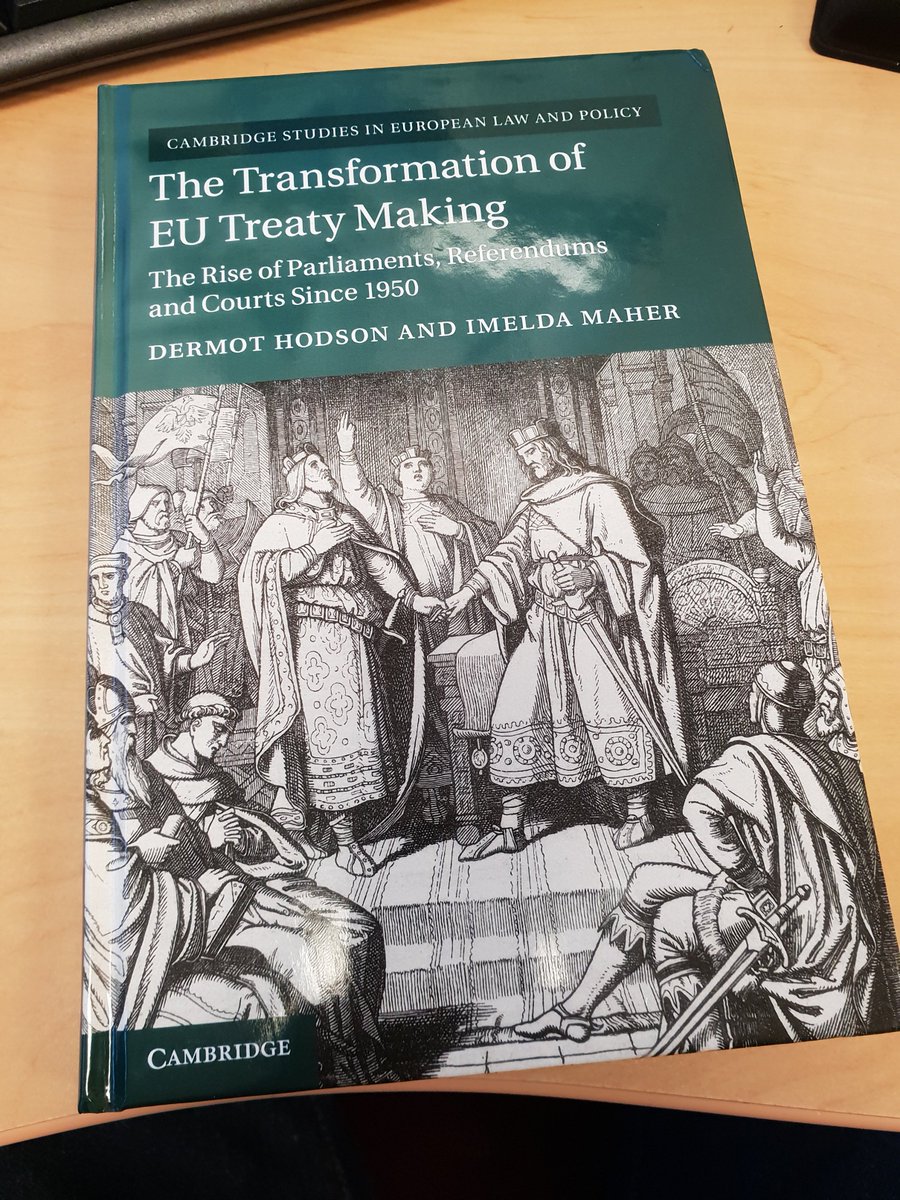1/
2/
3/
4/
Partly because of the specific timeline of Art.50 itself
5/
6/
7/
8/
So, the thing no-one realised as a thing and the problem that's trickier to solve than anticipated
9/
So, the thing I didn't realise was a thing for you
10/
So, it took an age to solve that thing, or they dragged their feet on ratifying
11/
12/
13/
But that's difficult here
14/
15/
16/
/end



